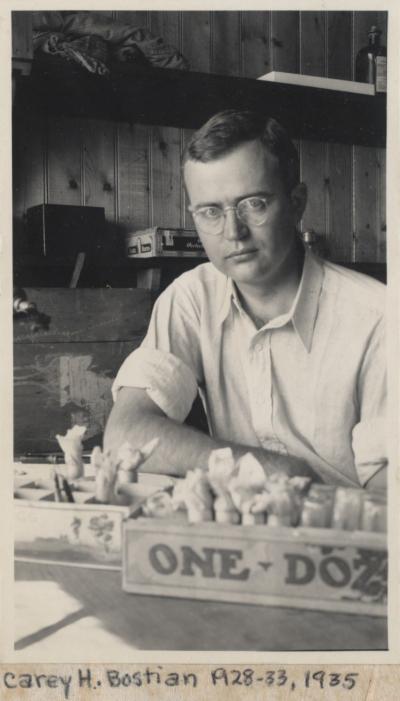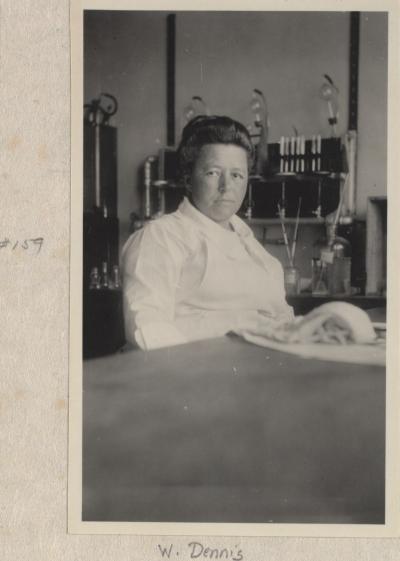Filtering by
- All Subjects: People

As mindsets on wellness change, dietary restrictions become more prevalent, and there is more food and beverage innovation, the general public desires more options in daily life. Holistic wellness trends and plant-based options are being welcomed into many personal routines. With substantial commitments and dietary restrictions, guests onboard cruises need additional food and beverage options. Values of Millennials and Generation Z will also need to be considered as they mature into adulthood and gain more buying power. Both generations value experiences over material items, holistic wellness, and inclusivity. Thus, minor additions of plant-based, allergy-friendly, and/or nutritional items onboard would be beneficial to ships within the rapidly growing cruise line industry. Many cruise lines have already begun to make slight changes to their menus and selections, such as plant-based juice bars and notations on menus for vegan or allergy-friendly items. While it is difficult to satisfy all, cruise lines must be more proactive in catering to the lifestyle changes being made by guests if they hope to remain competitive in the leisure travel market.

Leonard Hayflick studied the processes by which cells age during the twentieth and twenty-first centuries in the United States. In 1961 at the Wistar Institute in the US, Hayflick researched a phenomenon later called the Hayflick Limit, or the claim that normal human cells can only divide forty to sixty times before they cannot divide any further. Researchers later found that the cause of the Hayflick Limit is the shortening of telomeres, or portions of DNA at the ends of chromosomes that slowly degrade as cells replicate. Hayflick used his research on normal embryonic cells to develop a vaccine for polio, and from HayflickÕs published directions, scientists developed vaccines for rubella, rabies, adenovirus, measles, chickenpox and shingles.

Although best known for his work with the fruit fly, for which he earned a Nobel Prize and the title "The Father of Genetics," Thomas Hunt Morgan's contributions to biology reach far beyond genetics. His research explored questions in embryology, regeneration, evolution, and heredity, using a variety of approaches.






